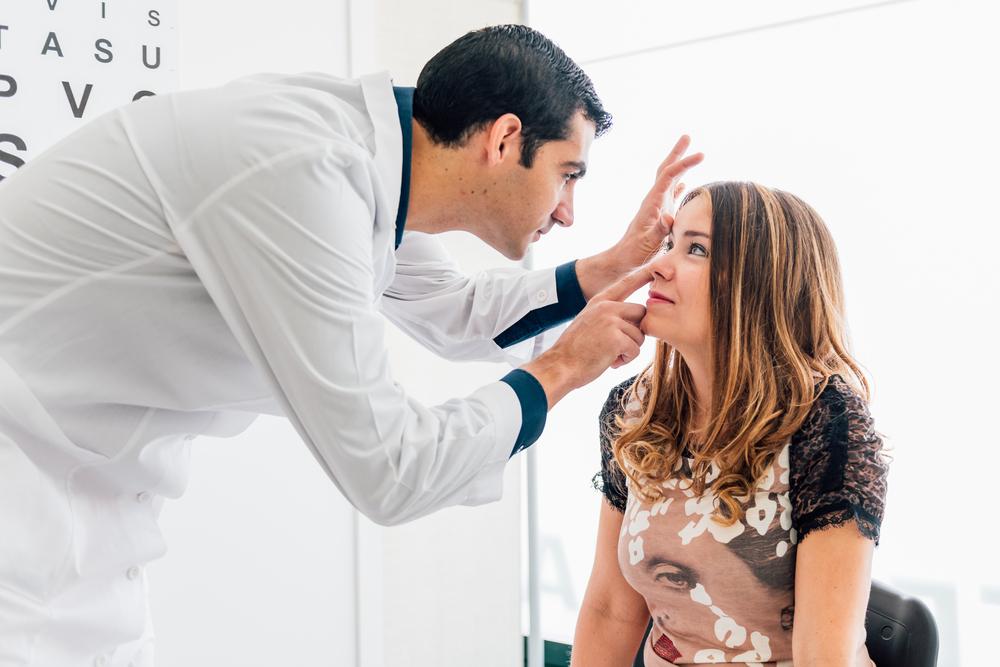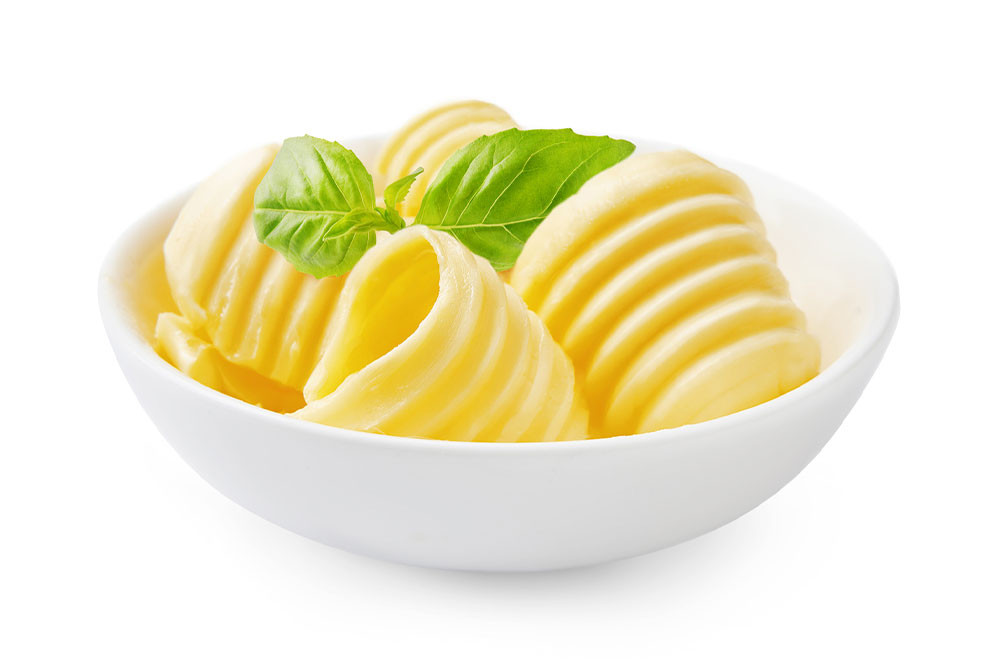Essential Dietary Practices to Protect and Improve Your Vision Health
Proper nutrition and eye care are vital for maintaining good vision. This comprehensive guide covers dietary habits that harm your eyes, including fried foods, processed meats, and sugary dressings, along with healthier alternatives. It also highlights effective eye care products that support eye health. By making informed dietary and lifestyle choices, you can prevent vision deterioration, eye diseases, and enjoy clearer eyesight for years to come.

Essential Dietary Practices to Protect and Enhance Your Eye Health
Maintaining good eye health is deeply connected to our nutritional choices. Proper nutrition supports the delicate structures of the eye, including the retina and blood vessels, ensuring optimal function and longevity. As the eyes contain highly sensitive blood vessels responsible for delivering oxygen and vital nutrients, consuming a diet rich in unhealthy fats and processed foods can compromise this delicate microenvironment. Understanding which dietary habits can negatively impact your vision and making informed choices can significantly reduce the risk of eye-related conditions and promote clearer, healthier eyesight over time.
In particular, foods that promote inflammation, clog blood vessels, or induce oxidative stress should be minimized to protect eye health. Incorporating nutrient-rich foods can not only prevent deterioration but also support the body's natural ability to repair and maintain healthy ocular tissues. This article explores the top dietary habits that can harm your vision and provides healthier alternatives to safeguard your eye health effectively.
Unhealthy Eating Habits That Damage Your Eyes
The importance of a balanced diet in preserving vision cannot be overstated. Poor dietary choices over time can lead to the development of eye conditions such as macular degeneration, diabetic retinopathy, and cataracts. Among the most problematic habits are the frequent consumption of fried foods, processed meats, sugary dressings, and other processed products. Here is a detailed look at these dietary pitfalls and how they impact your eyesight:
The Harmful Effects of Fried Foods on Eye Health
Fried foods, particularly French fries, fried chicken, and other deep-fried snacks, are common indulgences that contain trans fats and oxidized oils. These trans fats are notorious for increasing oxidative stress within the body, including delicate eye tissues. When fried foods are cooked repeatedly in reused oil, they form trans fats and harmful free radicals which can damage cell membranes and tissues, including those in the eyes.
Excessive intake of fried foods can lead to the buildup of plaques within blood vessels, reducing blood flow to the retina and increasing the risk of age-related macular degeneration (AMD) and other retinal diseases. The oxidative stress caused by free radicals can also accelerate the aging process of eye tissues, leading to increased susceptibility to blurriness, halos, and other visual disturbances. Cutting back on fried foods and opting for healthier cooking methods such as baking, steaming, or sautéing with healthier fats can help preserve your vision over time.
Why Margarine and Its Impact on Eye and Heart Health
Although marketed as a healthier alternative to butter, margarine often contains trans fats that can be detrimental to both heart and eye health. Trans fats elevate bad cholesterol (LDL) levels while lowering good cholesterol (HDL). Over time, elevated cholesterol levels lead to the development of arterial plaques, which can obstruct blood flow to the eye’s retina and other vital organs.
This can increase the risk of developing ocular vascular diseases, including diabetic retinopathy, retinal vein occlusions, and AMD. Replacing margarine with healthier oils such as extra virgin olive oil, coconut oil, or avocado oil can significantly reduce these risks. These healthier fats contain antioxidants and anti-inflammatory compounds that support vascular health and protect against oxidative damage to eye tissues.
Processed Meats: A Hidden Threat to Your Vision
Processed meats including bacon, sausages, hot dogs, and deli meats are convenient but laden with saturated fats, sodium, and preservatives. Regular consumption of these foods can lead to increased inflammation and cholesterol buildup within blood vessels, including those supplying the eyes. Such conditions escalate the risk of developing macular degeneration, diabetic retinopathy, and other vascular eye diseases.
The high saturated fat content in processed meats may also contribute to insulin resistance and diabetes, further exacerbating eye health issues. Limiting processed meat intake and opting for lean, unprocessed protein sources such as fish, poultry, beans, and nuts can provide essential nutrients without compromising your vision.
The Dangers of Excessive Consumption of Frozen and Packaged Meals
Frozen and packaged meals, such as pizzas, ready-to-eat dinners, and instant snacks, are highly appealing due to their convenience. However, they often contain a variety of preservatives, excessive salt, sugar, and artificial additives—all of which can adversely affect eye health. Chronic intake of such foods has been linked to increased risks of developing diabetes, which is a major cause of diabetic retinopathy and other vision impairments.
High sodium levels can lead to hypertension, which may cause damage to the small blood vessels in the eyes. Excess sugar consumption promotes inflammation and oxidative stress, both of which damage retinal tissues over time. Making a shift toward fresh, whole foods—rich in antioxidants, vitamins, and minerals—is a proactive step in preserving your vision.
Impact of Sugary Dressings and Sauces on Eye Health
Many store-bought salad dressings, gravies, and sauces are loaded with added sugars, salt, and preservatives to enhance flavor and shelf life. Regular use of these products can contribute to elevated blood glucose and inflammation, thereby increasing the risk of developing macular degeneration and other degenerative eye conditions.
High-fat content in these dressings may also promote lipid deposits in ocular tissues. To avoid these negative effects, it is advisable to create homemade dressings using healthy oils such as olive or avocado oil, along with fresh herbs, lemon juice, and vinegar. These natural alternatives provide flavor without compromising your eye health.
Professional Eye Care Products for Vision Maintenance
In addition to dietary adjustments, using specialized eye care products can play a significant role in maintaining and improving eye health. Over-the-counter eye drops and gels are designed to alleviate dryness, irritation, and inflammation, which if untreated, can lead to more severe conditions.
Some notable products include:
VUITY™: Approved for presbyopia treatment in adults, VUITY™ drops work by constricting the pupils to enhance near vision. Typically, one drop per eye once daily is recommended, but adjustments can be made under medical supervision.
SYSTANE® Gel Drops: Manufactured by Alcon, these gel drops are highly effective for severe dry eyes, providing long-lasting relief especially through their thick, lubricating consistency. Suitable for various age groups, they help soothe irritation and reduce eyelid inflammation.
CEQUA™: These eye drops increase tear production, effectively relieving symptoms associated with dry eyes, redness, and discomfort. Usually, one drop in each eye twice daily, approximately 12 hours apart, is advised for optimal results.
Proper use of such products, along with dietary modifications, can help preserve and enhance your vision quality over the years. Regular eye check-ups are also essential for early detection of potential problems and tailored treatment plans.





